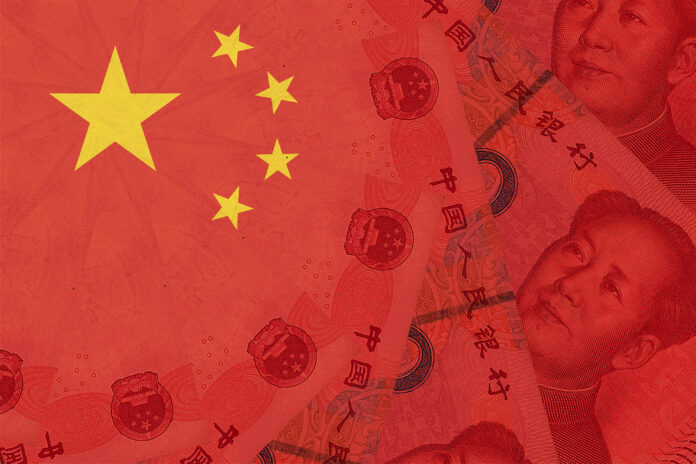China roundtable: China’s positive economic surprise

THOUGHT LEADERSHIP

The tension between urgency and inaction will continue to influence sustainability discussions in 2024, as reflected in the trends report from S&P Global.
FIND OUT MORE
This white paper outlines key challenges impeding the growth of private markets and explores how technological innovation can provide solutions to unlock access to private market funds for a growing…
DOWNLOAD NOWCLOUD DATA PLATFORMS

Luxembourg is one of the world’s premiere centres for cross-border distribution of investment funds. Read our special regional coverage, coinciding with the annual ALFI European Asset Management Conference.
READ MORE
